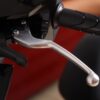Overloading your truck can lead to serious safety risks and costly repairs. Common mistakes include exceeding the vehicle’s gross vehicle weight rating (GVWR), improperly distributing weight across the axles, and not accounting for the added strain on the suspension and brakes. Hauling heavy loads without the proper equipment, such as upgraded tires or reinforced suspension, can result in premature wear or catastrophic failure. Ensuring you’re within the truck’s load limits and balancing the weight properly will help protect both your truck and your cargo.
Contents
Exceeding Gross Vehicle Weight Rating (GVWR)

Exceeding your truck’s Gross Vehicle Weight Rating (GVWR) is one of the most common overloading mistakes. The GVWR is the maximum weight your truck can safely carry, including the vehicle itself, passengers, fuel, and cargo. When this limit is exceeded, it puts extra stress on the suspension, brakes, and tires, increasing the risk of component failure and accidents. Always check your truck’s GVWR in the owner’s manual and make sure your total load is within this limit. Consider using a truck scale if you’re unsure about your load weight.
Overloading the Axles
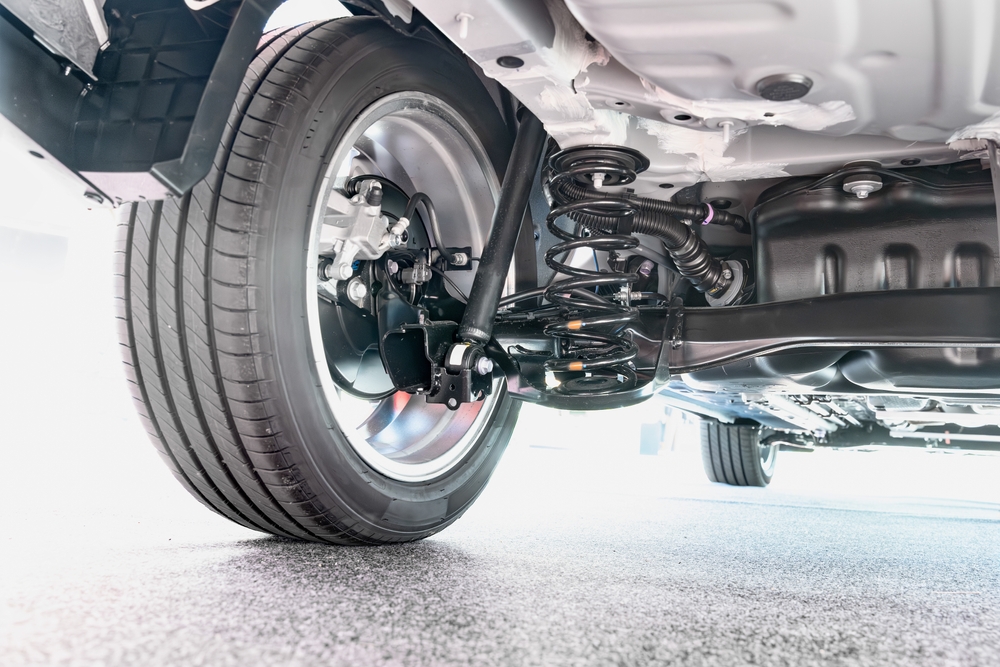
Overloading one or more axles by improperly distributing the load across your truck can lead to axle damage and premature wear of suspension components. When the rear axle, in particular, carries too much weight, it may cause the truck to handle poorly, lead to bent axles, and strain the differential. Always ensure that weight is evenly distributed, keeping within the truck’s front and rear axle weight limits (GAWR). Consider installing load-distributing hitches or air suspension kits to help balance the load.
Ignoring Tire Load Capacity
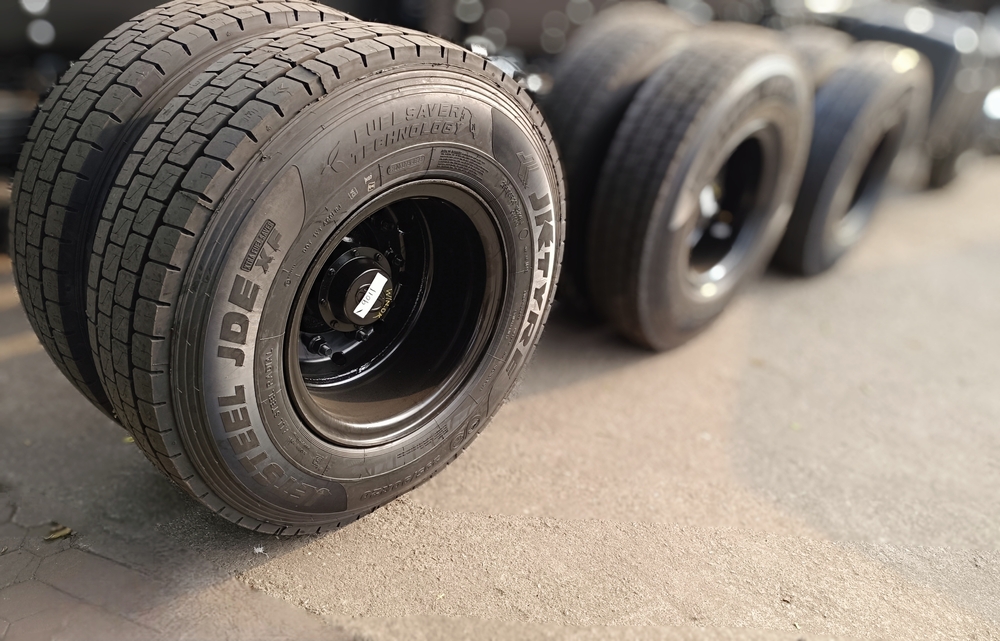
Every tire has a maximum load capacity, and exceeding this limit by overloading the truck can result in tire blowouts, reduced traction, and poor handling. Overloaded tires generate excessive heat, which weakens the tire structure and increases the risk of failure. Regularly check your tire pressure and make sure the load you are carrying is within the tires’ rated capacity. Upgrading to tires designed for heavy loads can also provide additional safety when carrying heavier cargo.
Using the Wrong Suspension Components
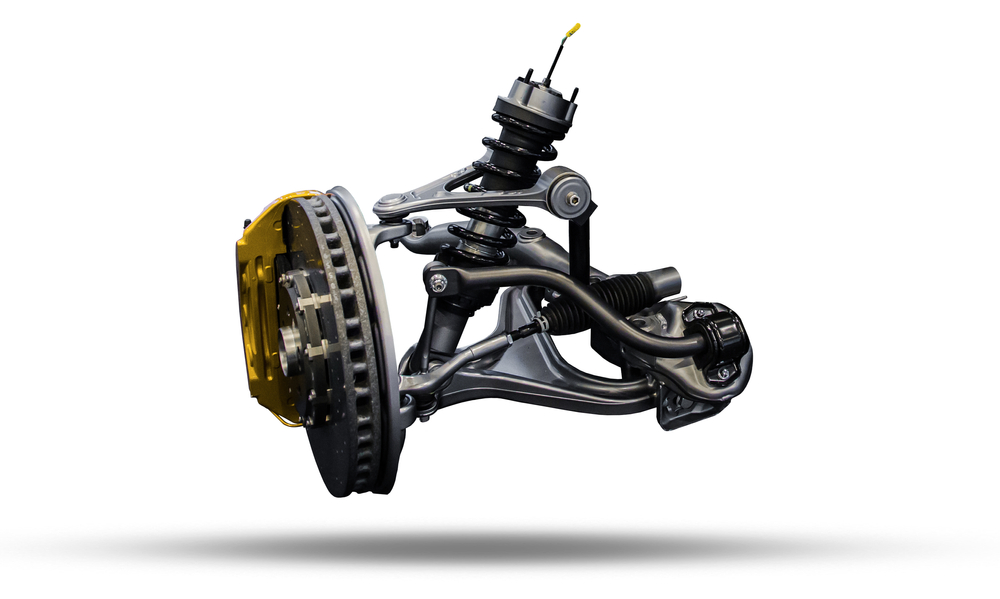
Your truck’s suspension system is designed to handle a specific range of loads. Overloading the truck can cause significant wear on the suspension components, such as springs, shocks, and bushings, leading to sagging and poor ride quality. This can also result in long-term damage, including broken springs or failed shocks. Consider upgrading your suspension to heavy-duty components if you frequently carry heavy loads. Regularly inspect the suspension for signs of wear and address any issues promptly.
Overloading the Trailer
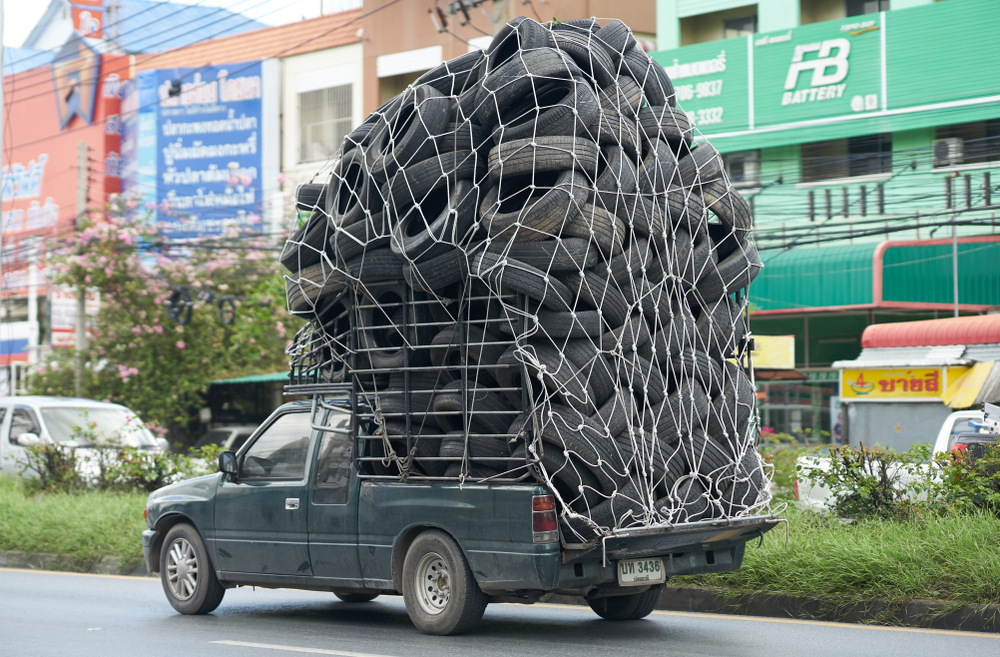
If you’re towing a trailer, exceeding the trailer’s weight limit can cause the hitch and rear suspension to become overloaded. This imbalance affects the truck’s steering, braking, and overall stability, making it more difficult to control the vehicle, especially at high speeds. Always adhere to the trailer’s GVWR and ensure proper weight distribution between the trailer and truck. If necessary, use weight distribution hitches and sway control systems to improve handling.
Failing to Secure Cargo Properly

Improperly secured cargo can shift while driving, creating uneven weight distribution that strains the suspension, tires, and brakes. Shifting loads can also destabilize the vehicle, increasing the risk of tipping or rolling over, especially in sharp turns or on uneven terrain. Always use the proper tie-downs, straps, or cargo nets to secure your load, and ensure that the weight is evenly distributed to prevent shifting during transit.
Overloading the Truck Bed
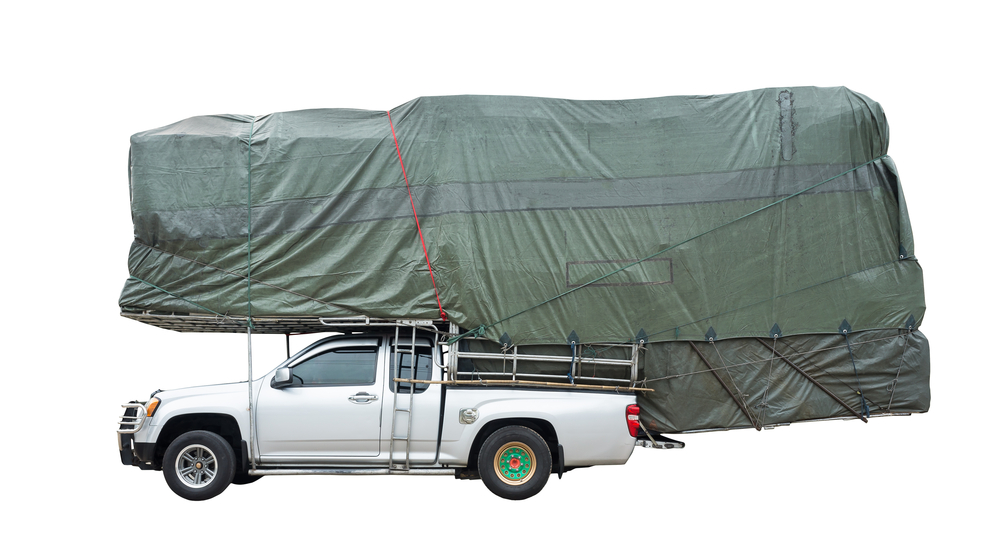
Packing too much weight into your truck bed can lead to serious mechanical issues, including frame bending, suspension damage, and drivetrain strain. When the truck bed is overloaded, it puts immense pressure on the rear suspension and can cause the truck to ride unevenly or bottom out over bumps. Always stay within the truck’s payload capacity (the maximum weight the truck bed can handle), and distribute weight evenly to avoid stressing the suspension.
Neglecting Regular Maintenance
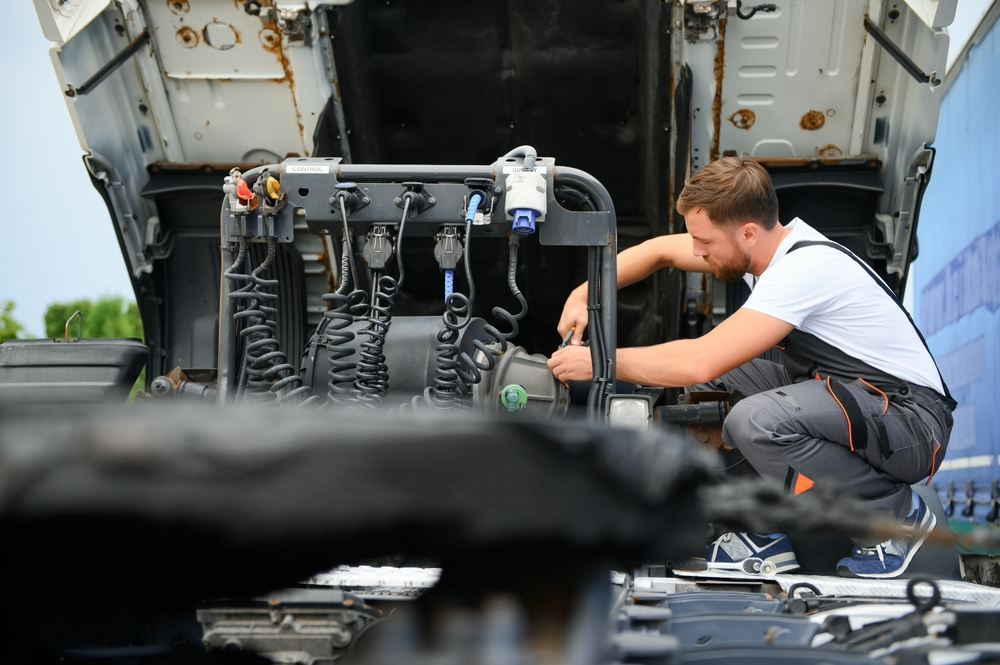
Overloading your truck consistently without regular maintenance accelerates the wear and tear on vital components like the engine, transmission, suspension, and brakes. Neglecting maintenance under these conditions increases the risk of costly repairs and unexpected breakdowns. To avoid this, make sure you follow a regular maintenance schedule, particularly for components affected by overloading, such as oil changes, brake inspections, and suspension checks.
Exceeding Towing Capacity
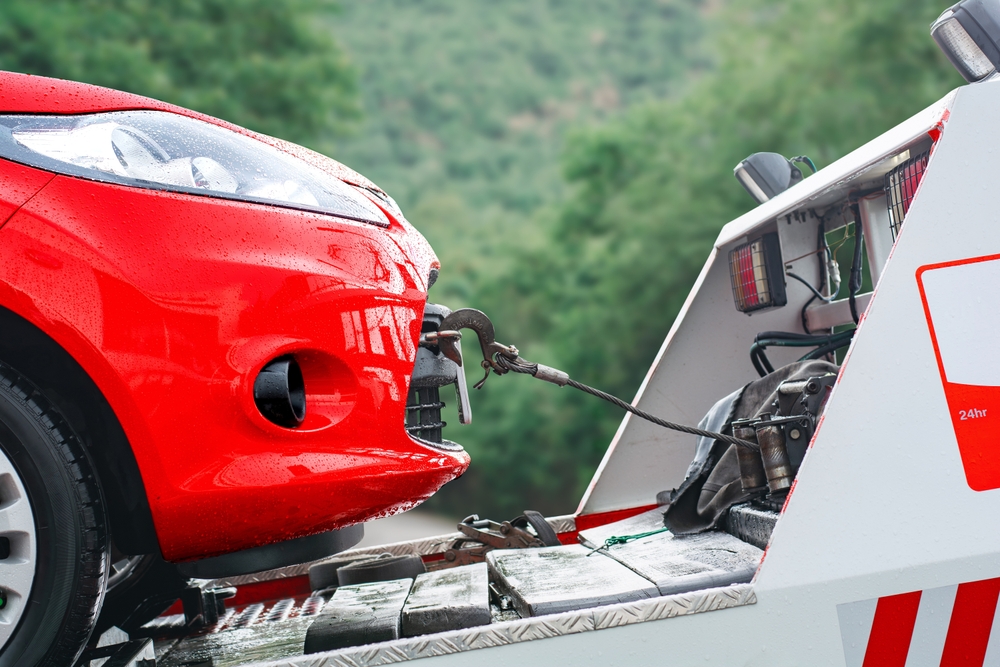
Overloading your truck by exceeding its towing capacity puts additional strain on the engine, transmission, and brakes. This can cause overheating, transmission failure, or brake fade, all of which can lead to expensive repairs or dangerous driving conditions. Always check the towing capacity in your truck’s manual and make sure you’re not exceeding it. If towing is a frequent task, consider upgrading to a heavy-duty transmission cooler or higher-rated brakes to better handle the load.
Overloading on Uneven Terrain

Driving an overloaded truck on uneven terrain, such as gravel roads or off-road trails, puts additional stress on the suspension and chassis. The uneven ground causes the overloaded truck to shift weight suddenly, leading to potential damage to axles, suspension components, or even the frame. If you plan to carry heavy loads over rough terrain, make sure your truck’s suspension is designed for off-road use, and reduce your speed to minimize stress on the vehicle.
Forgetting to Distribute Weight Evenly

Failing to distribute weight evenly when loading your truck can cause one side of the suspension to bear more weight than the other, leading to premature suspension wear and uneven tire wear. This imbalance can make the truck difficult to steer, particularly when making sharp turns. To prevent this, ensure that the weight is evenly distributed across the truck’s bed and that heavier items are placed lower to maintain a low center of gravity.
Overloading the Roof Rack

Exceeding the roof rack’s weight capacity not only affects the suspension and handling but can also damage the roof structure itself. Roof racks are typically designed to carry lighter loads, and overloading them can destabilize the vehicle, leading to increased body roll and reduced fuel efficiency. Always check the roof rack’s load rating and avoid exceeding it. Place heavier items in the truck bed, and only use the roof rack for lighter gear.
Using Inadequate Brakes
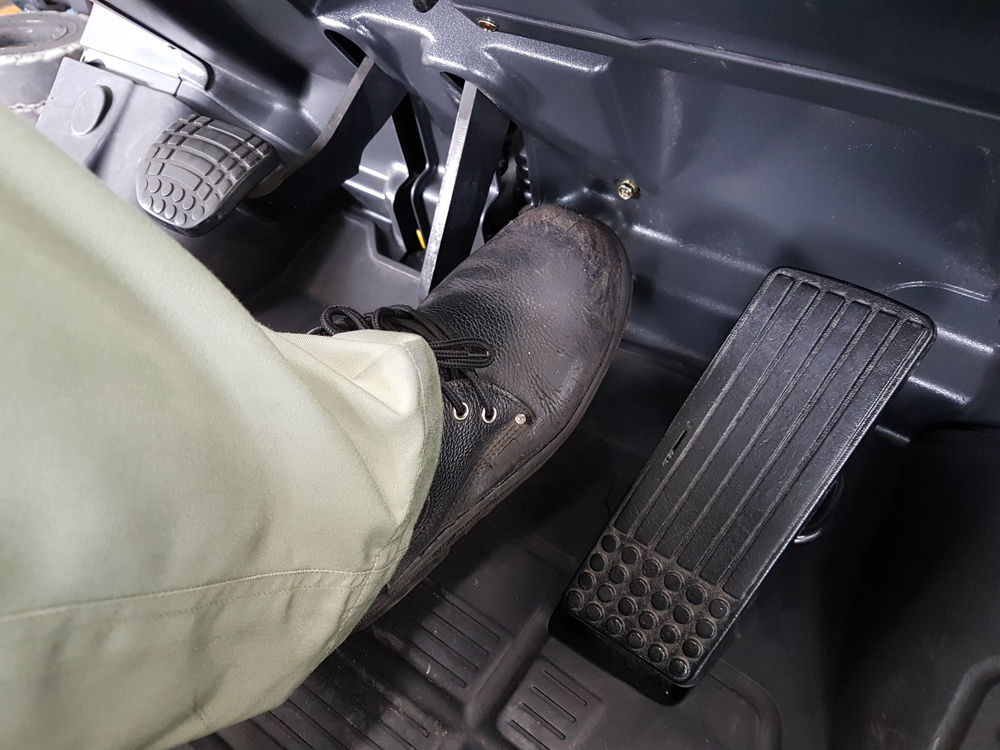
Overloading your truck increases the stopping distance required, putting more strain on the braking system. Stock brakes may not be able to handle the additional weight, leading to brake fade or even failure during heavy braking. If you frequently carry heavy loads, consider upgrading to performance brakes or installing larger rotors and pads designed for heavy-duty use. Regularly check the brake system for wear, especially after long trips or heavy hauling.
Overworking the Transmission
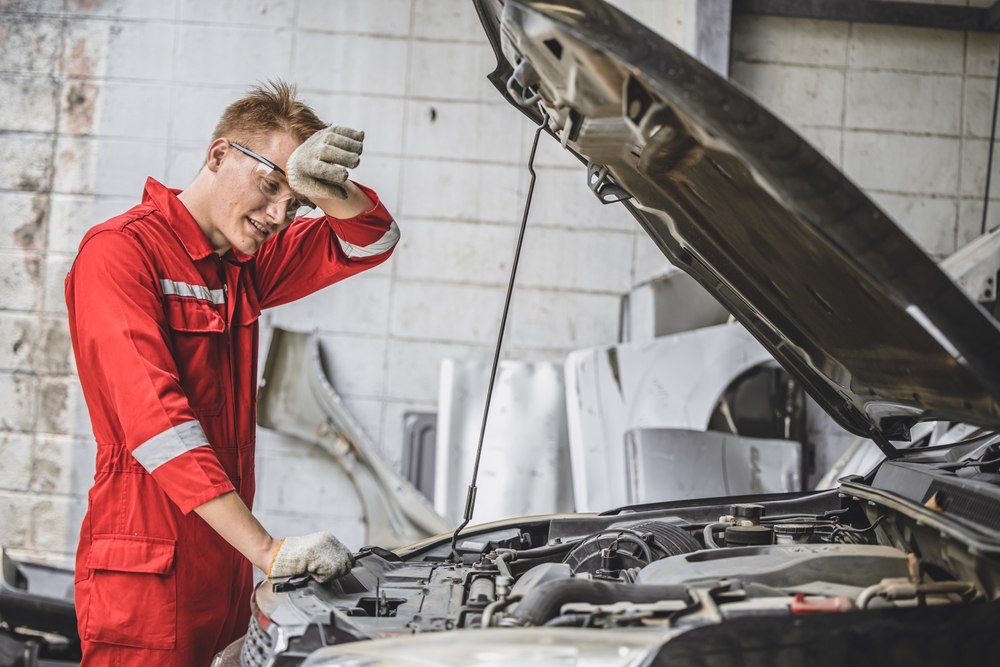
An overloaded truck puts excessive strain on the transmission, especially when towing or climbing steep inclines. This extra stress can cause the transmission fluid to overheat, leading to slipping gears, transmission failure, or costly repairs. To prevent overloading the transmission, monitor the truck’s load and consider installing a transmission cooler if you frequently haul heavy loads. Shift to lower gears when climbing hills to reduce strain on the transmission.
Overloading Without Upgraded Springs or Air Suspension
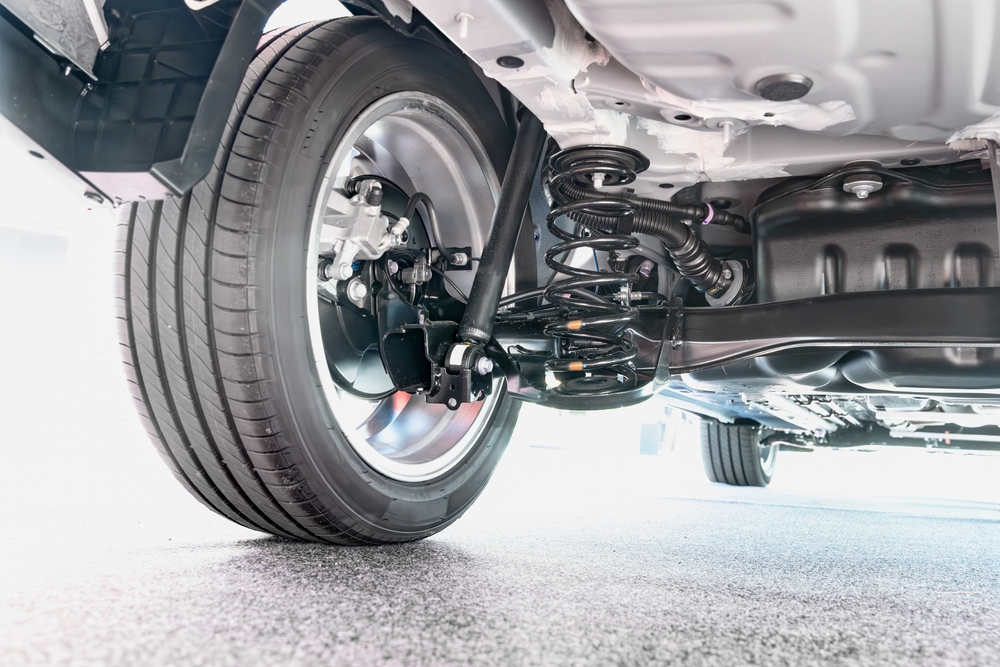
If your truck is frequently overloaded, it’s important to upgrade the suspension to handle the extra weight. Failing to upgrade to heavy-duty springs or air suspension can cause the truck to sag, reduce ground clearance, and lead to broken springs or worn shocks. An upgraded suspension will provide better handling, ride comfort, and longevity for your truck. Consider adding air suspension kits that allow for adjustable load support, improving stability under heavy loads.
Ignoring the Load Distribution for Towing
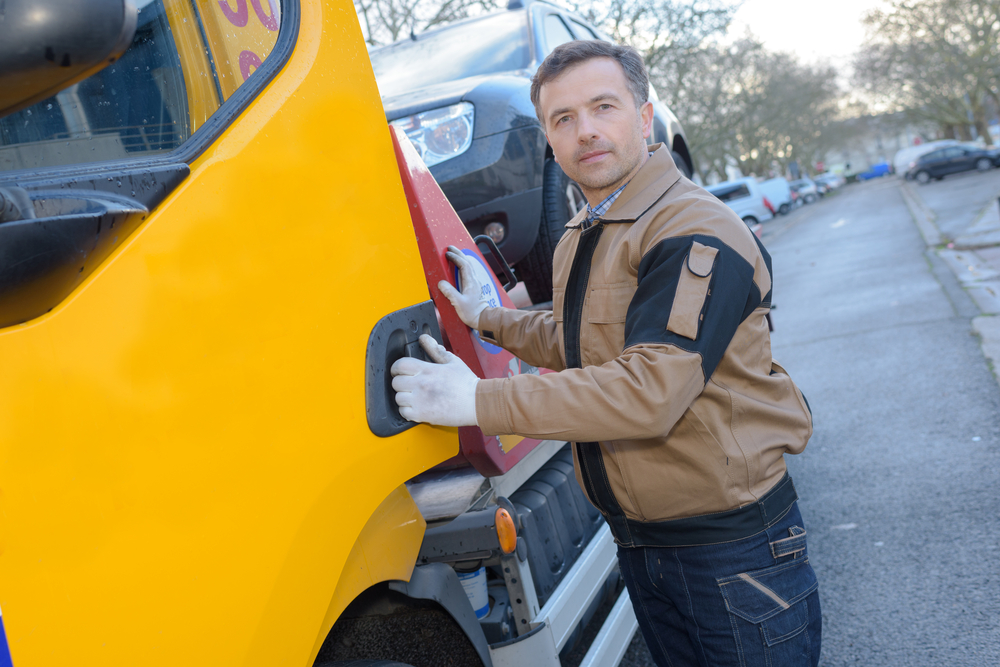
When towing a trailer, it’s critical to ensure that the load is evenly distributed between the truck and the trailer. Failing to do so puts extra stress on the rear suspension and hitch, which can cause sagging, poor handling, and excessive wear on the drivetrain. Use weight-distributing hitches and sway control systems to ensure even load distribution, and regularly check the trailer’s balance to avoid damaging your truck.
Overlooking Payload Capacity
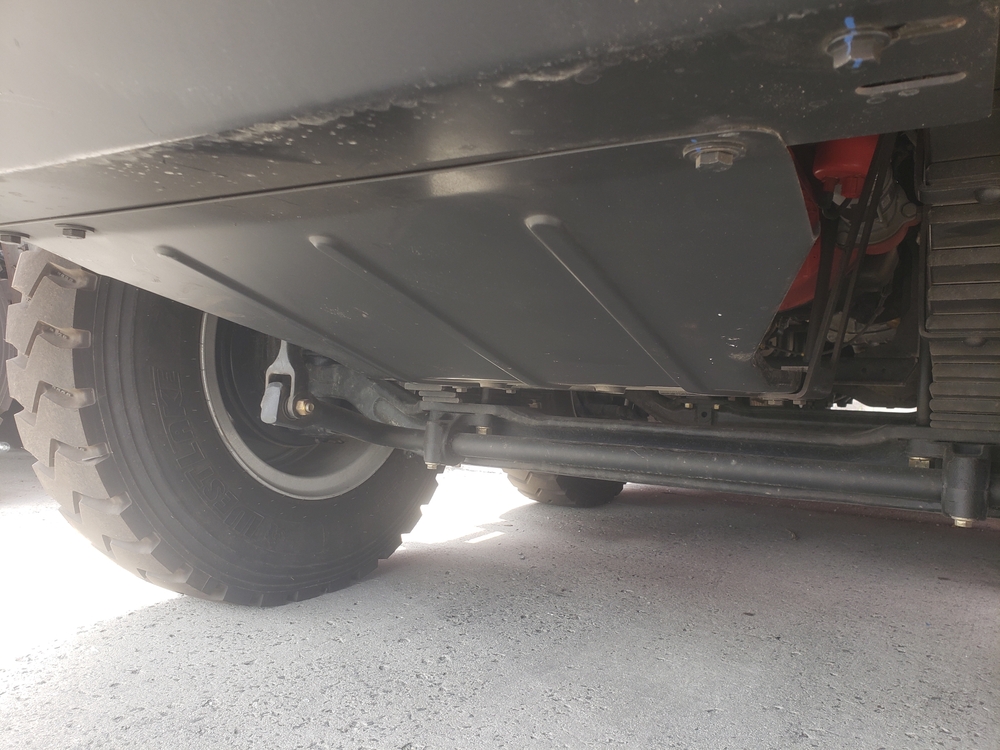
The payload capacity of your truck refers to the total weight it can carry in the bed and cabin, and exceeding this limit puts your truck at risk for suspension failure, frame damage, and excessive wear on other components. When loading your truck, always ensure that the combined weight of passengers, cargo, and fuel does not exceed the payload capacity. Consider using a cargo management system to better organize and distribute the load.
Overloading Without Upgrading Tires
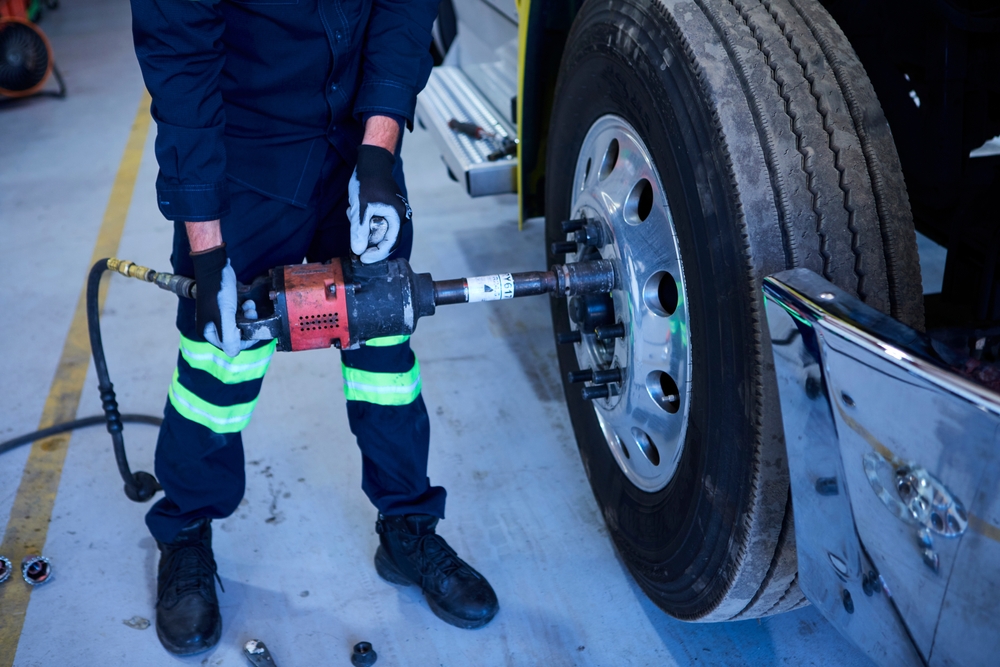
Standard tires may not be capable of handling the additional weight of an overloaded truck, leading to blowouts, uneven tread wear, and reduced traction. Heavy loads generate more heat in the tires, which can lead to tire failure, especially at high speeds. Upgrade to heavy-duty, load-rated tires if you frequently haul heavy loads, and ensure the tires are inflated to the correct pressure to distribute the weight evenly.
Overloading While Driving at High Speeds

Driving at high speeds while overloaded puts excessive strain on your truck’s suspension, tires, and brakes. High speeds increase the momentum of the load, making it harder to stop and causing more wear on critical components. Additionally, the higher center of gravity from the load can make the vehicle less stable at high speeds, increasing the risk of rollovers. Slow down when driving with heavy loads to reduce the stress on your truck and maintain control.
Ignoring Warning Signs of Overload
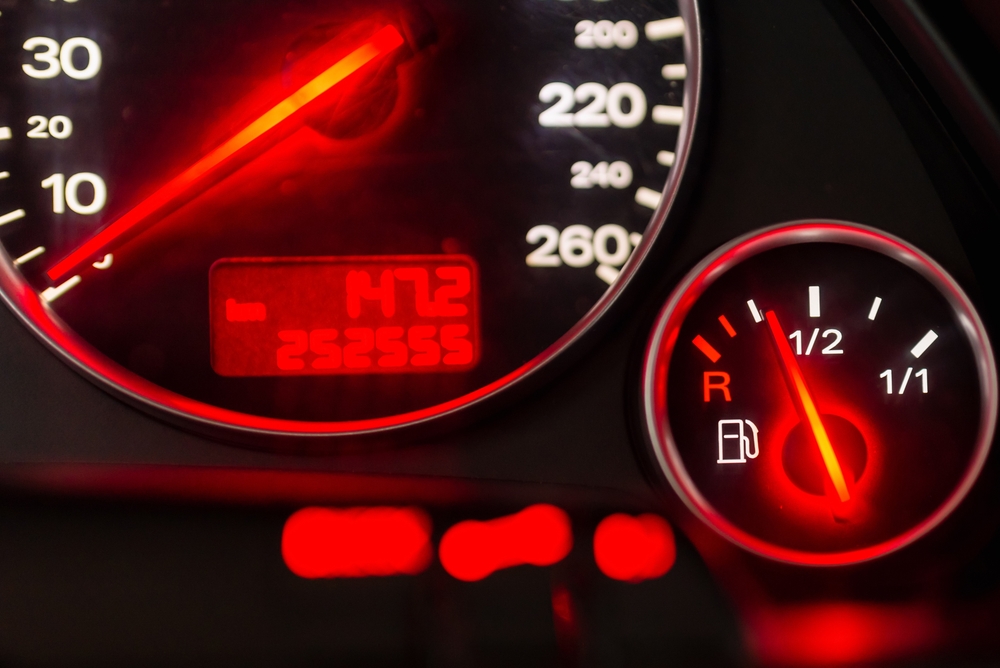
Warning signs like a sagging rear end, uneven tire wear, or difficulty steering are indicators that your truck may be overloaded. Ignoring these signs can lead to long-term damage to the suspension, drivetrain, and frame. If you notice these issues, reduce your load immediately and have the truck inspected by a mechanic. Regular inspections and paying attention to how your truck handles under load can prevent overloading-related damage.
This article originally appeared in MyCarMakesNoise.
More from MyCarMakesNoise
18 Challenges Facing Electric Cars Today

While they offer impressive technology and eco-friendly benefits, there are still significant drawbacks to consider. In this article, we’ll explore the 18 biggest drawbacks of electric cars in 2024, helping you make a more informed decision about your next vehicle purchase. Read More.
16 Hidden Costs of Electric Cars That Could Drain Your Wallet

Owning an electric car comes with many benefits, from reduced fuel costs to a smaller carbon footprint. However, several unexpected expenses can catch new EV owners off guard. Read More.
25 Underrated SUVs That Deserve More Recognition

From hidden gems to overlooked powerhouses, these vehicles offer a surprising blend of features, reliability, and style. Let’s take a closer look at these standout yet often ignored SUVs. Read More.






